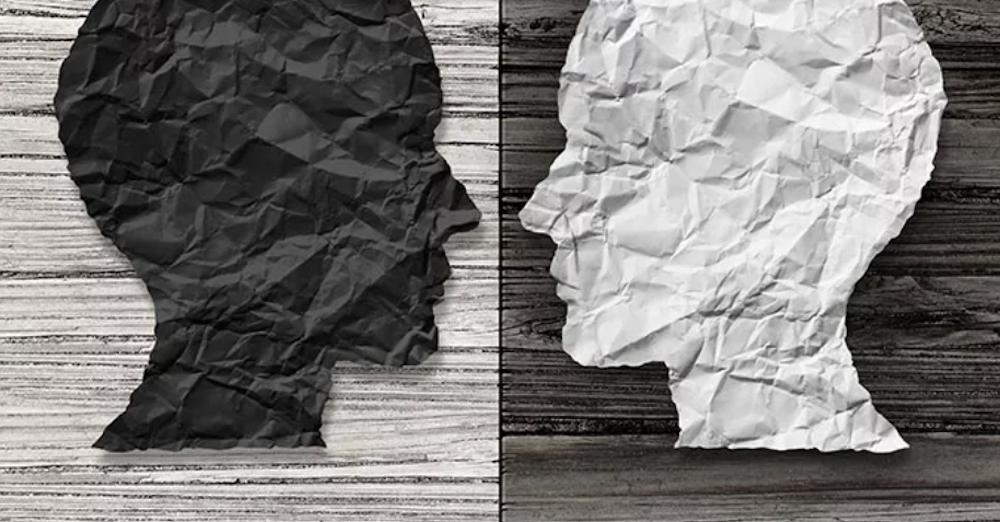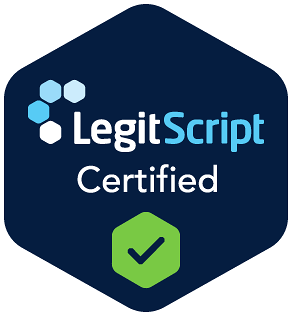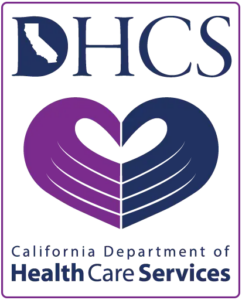In California, specialized facilities offer integrated treatment for individuals facing both bipolar and addiction. Surf City Detox in Huntington Beach, California, provides comprehensive programs addressing these co-occurring conditions. Their dual diagnosis approach ensures that both mental health and substance use disorders are treated simultaneously, promoting holistic recovery. As part of their services, they offer medically supervised detox in Huntington Beach, creating a safe and supportive environment for individuals to begin their journey toward lasting wellness.

These mood shifts can impair daily functioning and relationships. The exact cause is unknown, but factors such as genetics and environmental stressors may contribute. Treatment typically involves a combination of medications, such as mood stabilizers and antipsychotics, and behavioral therapy to manage symptoms.
What Are the Signs and Symptoms of Bipolar Disorder?
- Elevated Mood: Experiencing an unusually high or euphoric mood, often feeling excessively happy or overly optimistic.
- Increased Energy: Feeling unusually energetic or restless, with a decreased need for rest or sleep.
- Reduced Sleep: Needing less sleep than usual without feeling tired, sometimes functioning well on minimal sleep.
- Impulsivity: Engaging in risky behaviors without considering consequences, such as excessive spending, reckless driving, or unprotected sex.
- Rapid Speech: Talking quickly, often with pressured speech, making it difficult for others to keep up.
- Racing Thoughts: Experiencing a rapid flow of ideas, jumping from one topic to another without clear connections.
- Distractibility: Being easily diverted by unimportant stimuli, leading to difficulty focusing on tasks.
- Inflated Self-Esteem: Having an exaggerated self-confidence, sometimes leading to grandiose plans or unrealistic goals.
- Persistent Sadness: Feeling deep sadness or hopelessness, often without a clear cause.
- Fatigue: Experiencing constant tiredness, even after adequate rest, leading to decreased energy levels.
- Loss of Interest: Losing interest in activities once enjoyed, including hobbies, socializing, or work-related tasks.
- Concentration Issues: Having trouble focusing or making decisions, leading to decreased productivity and increased indecisiveness.
- Changes in Appetite: Experiencing significant weight loss or gain due to changes in eating habits.
- Sleep Disturbances: Sleeping too much or too little, often resulting in feelings of unrest or fatigue.
- Feelings of Worthlessness: Experiencing excessive guilt or low self-esteem, often accompanied by self-criticism.
- Thoughts of Death: Having recurrent thoughts of death or suicide, indicating a need for immediate professional intervention.
What Are the Types of Bipolar Disorder?

This type involves at least one manic episode lasting at least seven days or requiring hospitalization. Depressive episodes in bipolar disorder typically last at least two weeks. The severity of mood swings can lead individuals to misuse substances, either to prolong the high of mania or to self-medicate during depressive phases. Studies indicate that individuals with bipolar I disorder have a higher likelihood of developing substance use disorders compared to the general population.
Bipolar II disorder is characterized by recurring depressive episodes and hypomanic episodes, which are less intense than full-blown mania. People with this type may turn to alcohol or drugs to manage their mood fluctuations, increasing the risk of substance abuse. Research suggests that individuals with bipolar II disorder are also at an elevated risk for substance use disorders, though the prevalence may be slightly lower than in those with bipolar I disorder.
Involves periods of hypomanic symptoms and depressive symptoms lasting for at least two years in adults. The symptoms are less severe than those of bipolar I or II but can still disrupt daily life. The unpredictable mood changes may lead some to use substances as a coping mechanism. While the risk of substance abuse in cyclothymic disorder is present, it may be less pronounced compared to the other types.
These categories are used when symptoms don’t match the criteria for the above types but still involve significant mood disturbances. Individuals may experience rapid mood shifts, leading to challenges in diagnosis and an increased likelihood of substance use as a form of self-medication. The lack of a clear diagnosis can complicate addiction treatment, making it essential to address both mood symptoms and potential substance use.
Early diagnosis and tailored treatment can help manage both conditions effectively. If you or someone you know is struggling with bipolar disorder and substance abuse, seeking professional help is vital for recovery.
Understanding the Connection Between Bipolar Disorder and Addiction
Conversely, during manic phases, stimulants like cocaine might be used to sustain heightened energy levels or euphoria. However, this self-medication can backfire, as substance use often exacerbates the symptoms of bipolar disorder, leading to more severe and frequent mood episodes. This cyclical relationship can make both conditions more challenging to treat.
Moreover, substance abuse can interfere with the effectiveness of prescribed medications for bipolar disorder and increase the risk of hospitalization or suicide attempts. It’s essential to recognize this connection to provide integrated treatment approaches that address both bipolar disorder and substance use disorders simultaneously.

Diagnosing Bipolar Disorder and Substance Abuse
Conversely, during manic phases, stimulants like cocaine might be used to sustain heightened energy levels or euphoria. This self-medication can mask or mimic symptoms of bipolar disorder, leading to misdiagnosis or delayed diagnosis. To overcome this challenge, healthcare professionals need to conduct thorough assessments that consider the individual’s mental health history, substance abuse patterns, and family history.
Specialized diagnostic tools and comprehensive evaluations are crucial in accurately identifying and understanding the co-occurring conditions. Integrated treatment approaches that address both conditions simultaneously can offer the best chance for recovery and improved well-being.
Research indicates that individuals with bipolar disorder have a 21.7% to 59% increased chance of being diagnosed with a substance use disorder at least once in their life.
Which Treatment Options Are Available for Bipolar Disorder and Substance Abuse?

Treating bipolar disorder alongside substance abuse requires a comprehensive approach known as dual diagnosis treatment. This method addresses both conditions simultaneously, recognizing their interconnected nature. Individuals with bipolar disorder may use substances to manage mood swings, but this can worsen symptoms.
Integrated treatment involves a combination of therapies tailored to each person’s needs. Medications may include mood stabilizers, antipsychotics, and antidepressants, carefully prescribed to avoid interactions with substances. Psychotherapy, such as cognitive-behavioral therapy, helps individuals develop coping strategies and address underlying issues.
Support groups provide a sense of community and shared experiences. Lifestyle changes, including regular exercise and healthy eating, can improve overall health. Peer support can occur within, outside, or around traditional mental health services and programs, between two or more individuals who share common experiences.
Other Treatments
- Lifestyle Modifications: Regular exercise, a balanced diet, and consistent sleep routines support mood stability.
- Psychoeducation: Educating patients and families about the disorder aids in recognizing early symptoms and managing stress.
- Alternative Therapies: Practices like yoga and acupuncture may alleviate symptoms for some individuals.
- Electroconvulsive Therapy (ECT): Considered for severe cases unresponsive to other treatments.
A comprehensive treatment plan tailored to individual needs is essential for effective management of bipolar disorder. For more information on treatment options, consult with a healthcare professional.
Explore SAMHSA’s An Introduction to Bipolar Disorder and Co-Occurring Substance Use Disorders for guidance on how bipolar disorder and addiction overlap, and how treatment can address both conditions.

Receive Dual Diagnosis Treatment at Surf City Detox
Our team of experienced professionals provides personalized care tailored to your specific needs. We utilize evidence-based therapies, including cognitive behavioral therapy (CBT) and dialectical behavior therapy (DBT), to help you manage symptoms and develop coping strategies.
Our serene environment in Huntington Beach, California, offers a supportive setting for healing. We are confident that enduring recovery is attainable for everyone. Begin your healing journey today—your path to a brighter future starts now. Contact us through our website to learn more about our dual diagnosis treatment programs.
Surf City Detox Accepts Insurance
We accept many insurance plans to help cover the cost of addiction treatment. Contact your provider to get more information or call our office to reach an intake specialist.


















